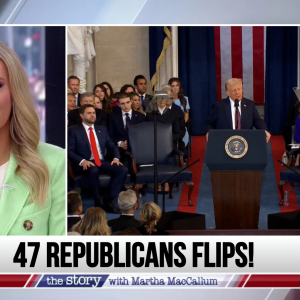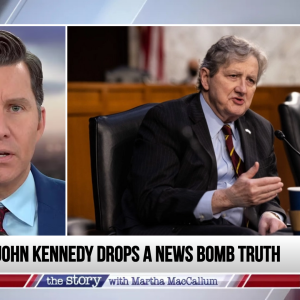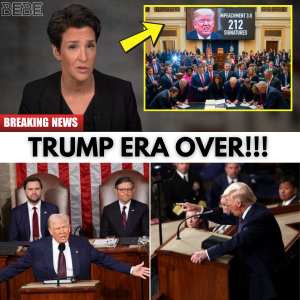Lions Coach Dan Campbell Protests Controversial Referee Decision, Accuses NFL of Hiding the Truth About Ruling in Chiefs vs. Lions Game

The Detroit Lions’ showdown with the Kansas City Chiefs in Week 6 was meant to showcase two of the NFL’s most physical teams. Instead, it erupted into controversy after a pivotal touchdown was erased by a late penalty flag. What followed wasn’t just frustration over a lost play — it was a public clash between Lions head coach Dan Campbell and the league office, centered on allegations of hidden interference and questionable transparency.
Early in the first quarter, the Lions lined up for a bold 4th-and-goal. In a surprise move, running back David Montgomery took the handoff, faked a run, and tossed a pass to quarterback Jared Goff, who had gone in motion. Goff juggled the ball before clutching it and powering into the end zone, igniting cheers across Detroit. But seconds later, the flag appeared. The officials ruled Goff guilty of illegal motion, nullifying the score.
The call stunned players and fans alike, not just for its impact but for its timing. The delay between the touchdown and the penalty sparked immediate suspicion. Campbell voiced what many were thinking — that the decision may have come from outside the stadium. In his postgame interview, he claimed, “I know it came from New York,” suggesting interference from the NFL’s GameDay Central officiating hub.
The accusation sent shockwaves through the league. The NFL quickly refuted the claim, with executive vice president of football operations Troy Vincent stating that no external input was made. “We did not assist in that,” Vincent said firmly. “You can hear the on-field officials discussing the play in real time. It was their call alone.” Referee Craig Wrolstad backed that account, insisting the delay was due to officials conferring about whether Goff had properly reset.
Lions Coach Dan Campbell Protests Controversial Referee Decision, Accuses NFL of Hiding the Truth About Ruling in Chiefs vs. Lions Game pic.twitter.com/Eutuexw1cv
— Adam Schefler (@ScheflerAdamUs) October 24, 2025
Campbell, however, wasn’t convinced. He doubled down on his belief that the call was influenced beyond the field. “Something doesn’t add up,” he said in his weekly radio appearance. The coach’s candor reignited debate about the NFL’s officiating integrity — a subject that has hovered over the league for years. To Campbell, the issue was bigger than one touchdown; it was about whether coaches and players could trust the process that governs every game.
Troy Vincent later elaborated, comparing the officials’ delay to other complex rulings, like intentional grounding, where multiple perspectives are required before a final decision. Yet many fans in Detroit weren’t buying it. To them, the penalty looked like a moment of external correction disguised as on-field discussion — a theory the NFL continues to dismiss.

Ironically, just a week later, the officiating pendulum swung in Detroit’s favor. Against Tampa Bay, the Lions won a controversial challenge that overturned not only a fourth-down spot but the entire catch — something officials rarely do. Campbell accepted the outcome with restraint. “Normally, it doesn’t always go that way,” he said. “We’ll take it and move on.”
Whether Campbell’s accusations prove right or wrong, they have reignited a larger conversation about fairness and transparency in professional football. The NFL stands firm on its explanation, but for many Detroit fans, doubt lingers. In a league where every call can alter the outcome of a season, the line between human error and hidden influence has never felt thinner.





